In recent years, our society and culture has been embracing a more natural, more realistic form of beauty. This concept is novel in that it is based on a female’s inherent beauty versus overly polished, photo-shopped models. The media is beginning to show real, regular women with all of their wonderful imperfections.
While the idea of beautiful imperfection is new in the western world of advertising, this philosophy is deeply rooted in Japanese culture. So much so, that the Japanese have a name for it. It’s called wabi-sabi.
“Wabi-Sabi is a beauty of things imperfect, impermanent, and incomplete. It is a beauty of things modest and humble. It is a beauty of things unconventional.” (Leonard Koren in Wabi-Sabi for Artists, Designers, Poets & Philosophers).
As a woman and a designer, I love this idea of challenging the dominant view of a woman’s worth not only in regards to her beauty, but also in regards to her character.
Today’s society expects women to not only look perfect, but to be perfect in the sense that she is expected to be able to do everything by herself. “She’s an independent, self-sufficient single gal,” society directly and indirectly communicates. She can take on the world alone and doesn’t need help from anyone, especially a man.
The problem is that this independent lifestyle can also lead to isolation. I find this standard of independence, along with the expectation of being a size two with perfect hair, to not only be unrealistic and unfair, but also lacking in beauty somehow, beauty of what is real, true and yes, imperfect.
As a furniture designer, I am mesmerized with our human nature, which often leads my designs to echo our character, emotions and even physicality. In this recent project, I used the concept of wabi-sabi to design a mirror and side table as two complementary objects in one body. Neither can function without the other. Apart from the other, both are flawed: The mirror without the table cannot stand tall, for it only has one foot. The table without the mirror isn’t reliable due to its spherical base. Yet, these two pieces have been created to complete one another.
Likewise, we as women can welcome our natural “flaws,” owning their role in our unique beauty and identity.
Our weaknesses can be someone else’s strengths. And our fears can sometimes lead to our greatest opportunities.
The story of our differences, our hopes, our mistakes, our fears, our dreams… these are all essential to our whole. Just like the mirror and the table, we aren’t meant to function alone. Our weaknesses can be someone else’s strengths. And our fears can sometimes lead to our greatest opportunities. Being an independent woman does not mean we are meant to do life (and art and design) alone, without the support of others. Though it sometimes feels like it, we are not bound to the mold society presents. In fact, we are invited to embrace our imperfect natures, thus inviting perfection exactly where we are. As we are. Alongside each other.
Be your true, wabi-sabi self today, and I will strive to do the same.
Images via Katie McGee

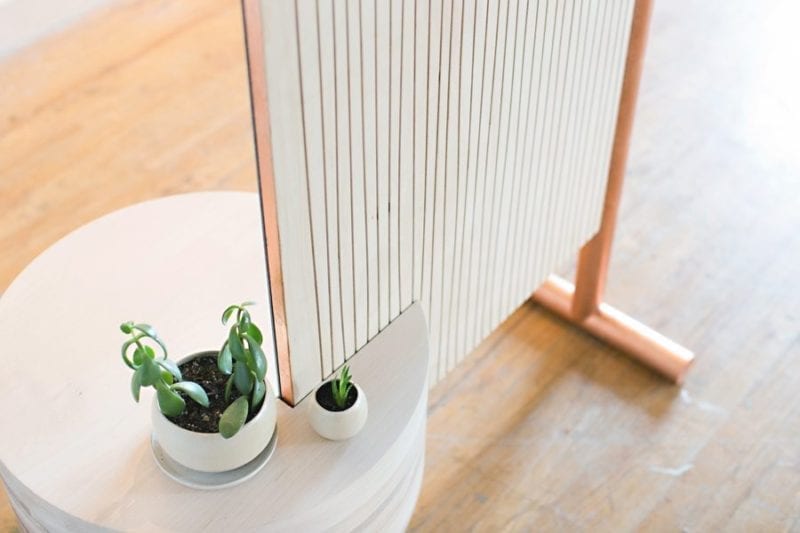
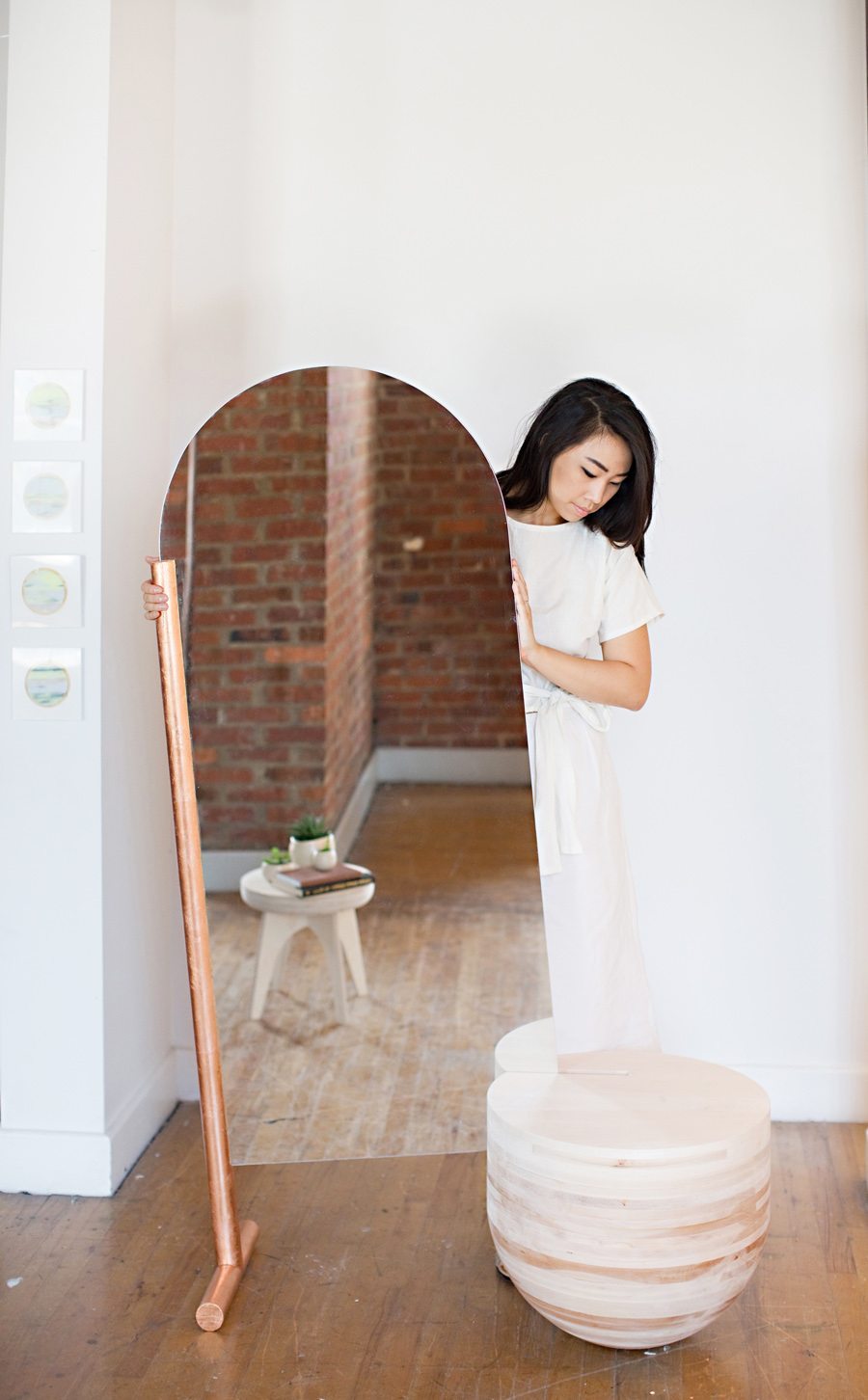
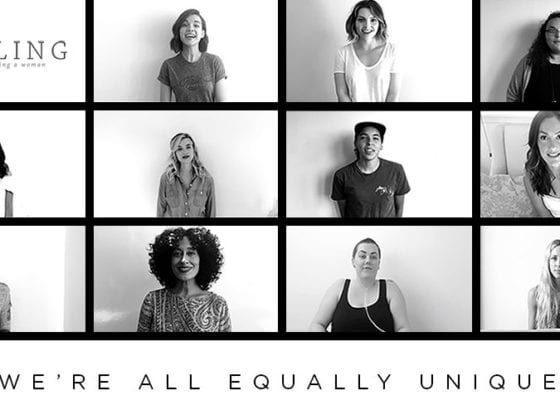
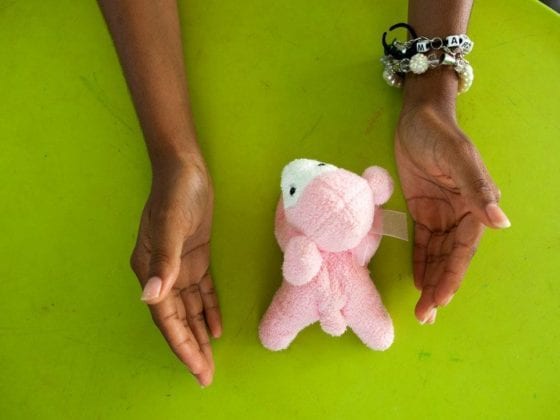
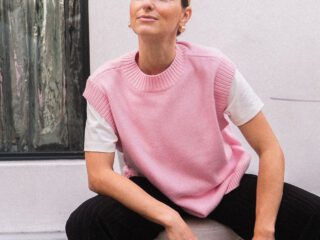







1 comment
This is such a brilliantly humbling piece. I love the honesty and balance it offers between model-driven media and earthy-crunchy feminism. There is a place in between that can be both realistic and celebratory. Embracing that part of ourselves is a way to recognize and enhance our individuality but also see or appreciate the similarities and differences in others.
xx, leslie
https://www.onebrassfox.com